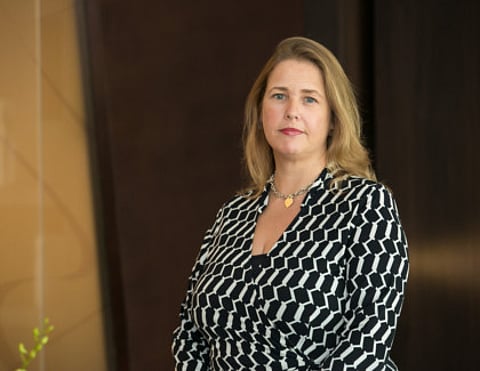‘UAE has an insatiable appetite for Research’
British Council receives 62 of the 172 Gulf applications for its last institutional links call-out from the country

Abu Dhabi: There is an insatiable appetite for research and development (R&D) in the region, a senior official of the British Council has said.
In an interview following the success of the UAE Science Collaboration Symposium held in the capital last week, Clare Grundy, deputy country director for the British Council, said, “The research landscape in the Gulf in recent years has expanded considerably. Our ‘Institutional Links’ call out last summer received 172 applications from across the Gulf, including 62 from the UAE - an excellent number even by global standards.”
Four-fold increase
She said database Scopus’ figures on research output in the Gulf shows a four-fold increase from 4,000 to 18,000 publications between 2008 and 2014. Amidst the rise in numbers since, she said, “There are more skilled scientists and researchers today owing to visionary initiatives and policies of governments, which have seen an increased focus on STEM subjects and quality assurance.”
Grundy said the British Council alone is funding several projects in the UAE.
Among them are capacity building workshops that enable UAE researchers to pitch for and win funds at an international level; science and innovation symposia like the recent symposium on smart cities held at Masdar Institute of Science and Technology; collaborative research projects; and support for women in natural and social sciences and the humanities.
She said the British Government has granted $1,325,718 towards these projects, of which $1 million is for funding researchers.
“The UK and UAE share many challenges around smart cities, renewable energy and preserving the environment and by collaborating on scientific research in these areas, can advance knowledge for our countries’ shared interest and development,” she said.
According to Grundy, the current research focus in the UAE largely revolves around desalination and the environment.
“The desalination partnership between University of Manchester and Masdar Institute aims to use world-class grapheme technology to improve membrane-based water desalination techniques. These new materials seek to reduce the energy required and increase the volume of fresh water produced.”
With regard to the environment, the collaboration between Bristol University and Khalifa University of Science, Technology and Research seeks to improve detection, prediction and prevention of harmful algal blooms. Grundy said, “These are increasing in occurrence in Gulf waters and can have a significant impact on human health, tourism, desalination and aquatic industries. Early warning and research into their causes could greatly reduce their social and economic impact.”

